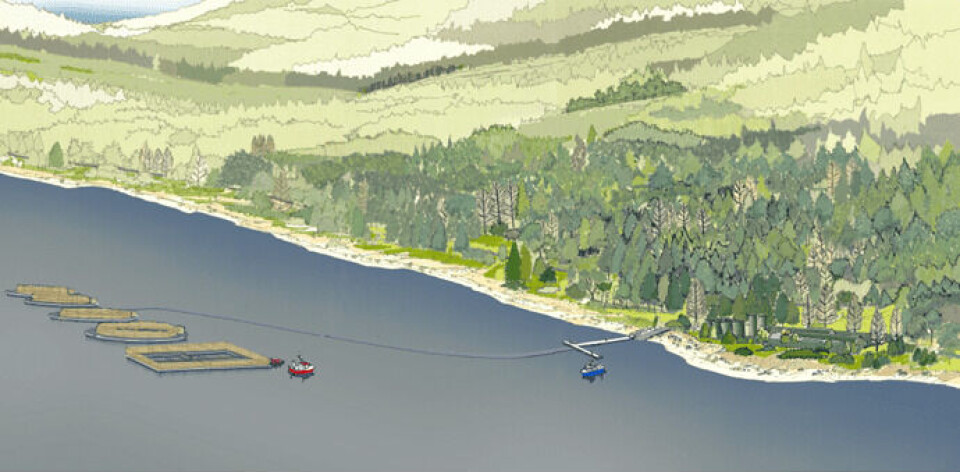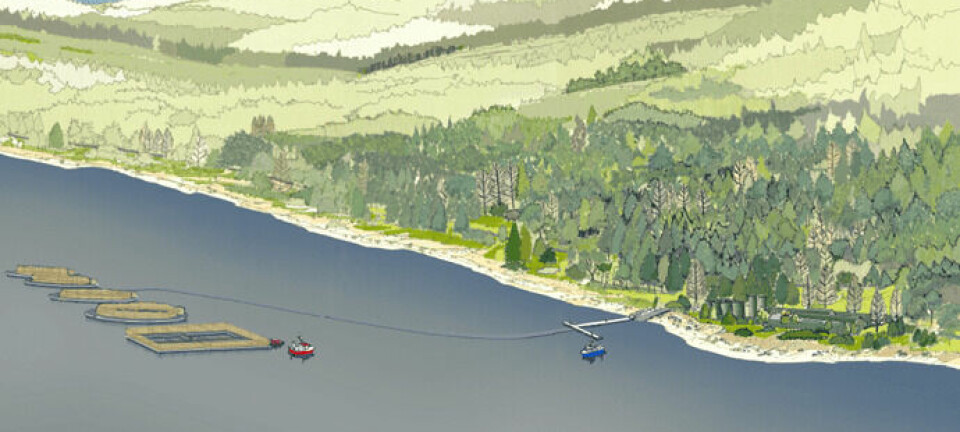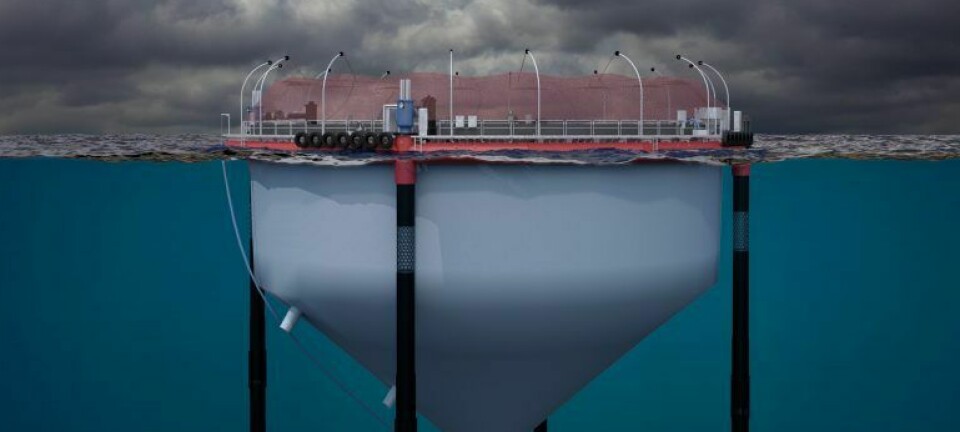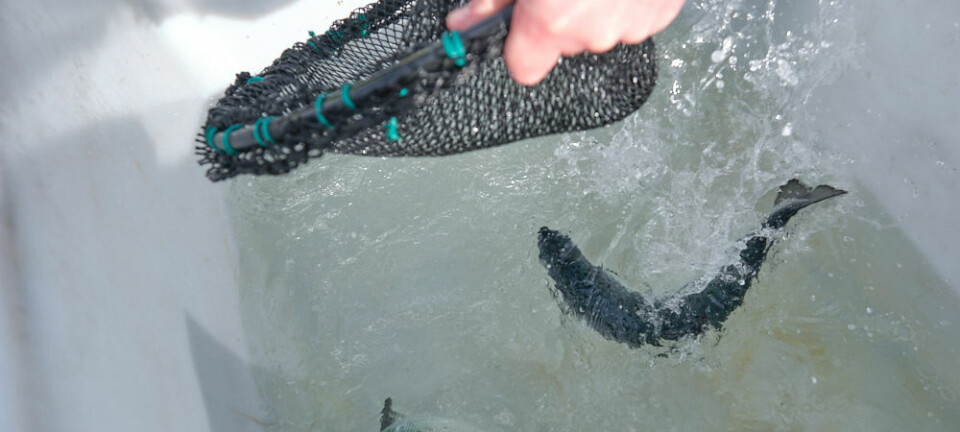
Loch Long Salmon appeal moves forward
Planning reporter will assess responses before deciding whether to hold public inquiry into semi-closed farm bid
The next stage in Loch Long Salmon’s bid to win permission for a first-in-Scotland semi-closed containment fish farm is beginning this week.
Loch Long Salmon (LLS) is appealing against the Loch Lomond and Trossachs National Park board’s decision to refuse permission for the facility at Beinn Reithe, Loch Long.
Scottish Government planning reporter David Little has ruled that a hearing or public inquiry may be required, and that a pre-examination meeting to discuss the arrangements for the hearing/inquiry will be held.
The time period for submissions about the appeal and hearing has now expired, and the Scottish Government’s Planning and Environmental Appeals Division will now assess the submissions before deciding when to hold the pre-examination meeting.
Among those that have confirmed their wish to take part in a
hearing/inquiry are those opposed to open net pen salmon farming such as angling group WildFish
Scotland (formerly Salmon and Trout Conservation Scotland) and Scottish Green
MSP Ariane Burgess, whose objections include the energy use required to
pump water from a depth of 20 metres into Loch Long Salmon’s semi-closed pens.
However, Burgess also argues that although semi-closed containment systems (SCCS) should not be seen as a tool to open up more waters for salmon farming, it might be used to replace existing open net pen farms.
Pioneering work
Support for LLS includes a letter from ScanBio Marine Group, which is one of the world’s largest seafood waste recycling companies, processing around 150,000 tonnes of material from the aquaculture and fishing sectors and turning it all into by-products.
LLS plans to use PVC enclosures and would capture most of the faeces from its fish and pump it to its shore base for treatment.
ScanBio recycles thousands of tonnes of sludge from fish farms in Norway and is developing a programme for sludge collection and processing in Scotland.
Chris Hyde, managing director of ScanBio’s Scottish operation, wrote: “We see the pioneering work that Loch Long Salmon are doing as being hugely important to both the development of our operation and as a critical part of the growth of the fish farming sector in Scotland. We are very keen to play our small part in supporting them.”
'Flawed decision'
LLS claims the Loch Lomond and Trossachs National Park board’s decision to refuse its application on the recommendation of planning officers was fundamentally flawed and based on fear and a misunderstanding of the technology and its potential to transform the Scottish aquaculture sector.
The company wants to site four floating 140-metre circumference enclosures in Loch Long, together with a fifth enclosure to be used as a harvest pen. The enclosures would have standard nets inside.
LLS has said it will be able to collect more than 85% of fish faeces and uneaten feed from the enclosures and that its method of farming should also remove or drastically reduce problems with sea lice, which parasitise farmed salmon. Water for the SCCS is pumped into the enclosures from below the layer of the water column where sea lice live.
In January last year, LLS was granted a Controlled Activities Regulations (CAR) licence from the Scottish Environment Protection Agency (SEPA) to farm up to 3,452 tonnes of fish at Beinn Reithe.
The company said it believes the National Park Board failed to sufficiently and correctly consider the opinions of SEPA, Forestry and Land Scotland, NatureScot and the Arrochar Community Council, which all believe the project can proceed.

























































